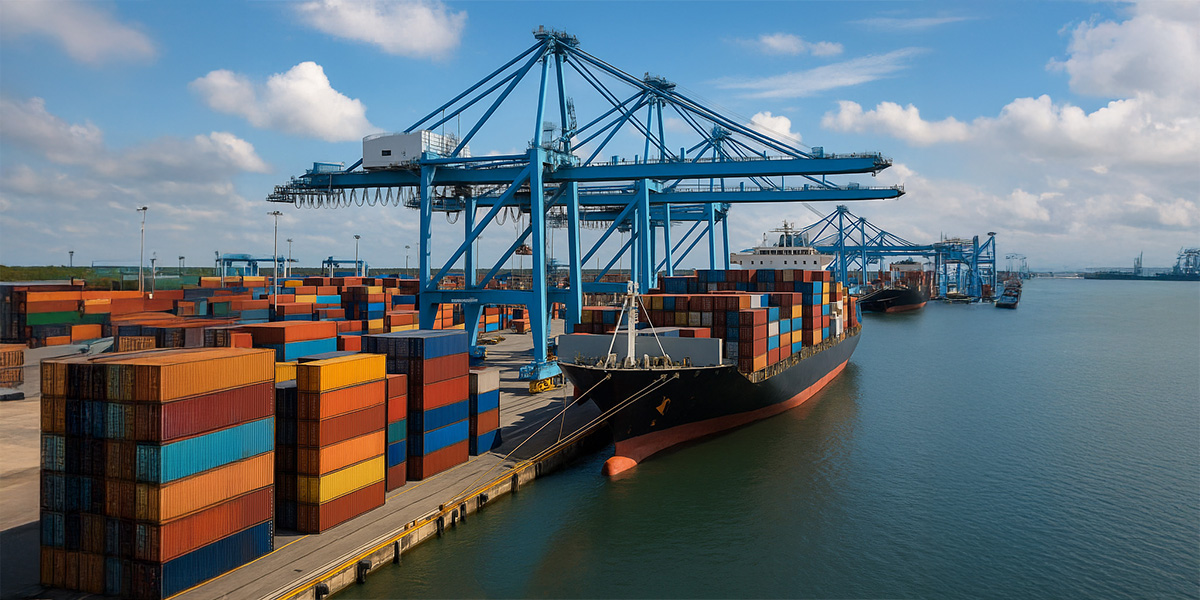A potential closure of the Strait of Hormuz, one of the most critical chokepoints in global energy supply, could have far-reaching economic consequences for American businesses as escalating tensions between Iran, Israel and the United States threaten to send oil prices soaring and disrupt supply chains worldwide.
Craig Austin, associate teaching professor of marketing and logistics at FIU Business, says the situation is precarious.
“Roughly 20% of the world’s oil flows through the Strait of Hormuz,” Austin explained. “If it is closed, even temporarily, fuel prices could skyrocket, with downstream effects on nearly every sector of the U.S. economy,” Austin said. “We saw this in the 1970s.”
The implications stretch far beyond energy markets. Oil serves as a foundational input in nearly every industry, from transportation and manufacturing to agriculture and retail. A sudden surge in fuel costs would ripple through supply chains, increasing operational expenses and slowing delivery times for goods.
Iranian allies such as the Houthis have also indicated they may target commercial shipping in the Red Sea, threatening further supply chain disruptions.
“This would force many ocean carriers to reroute around the Cape of Good Hope,” Austin explained. “That significantly extends transit times and cost, especially for European-bound freight, but global carriers could pass those costs on to American importers.”
While some U.S. officials argue that Iran lacks the capacity for prolonged retaliation, Austin cautions against underestimating the resilience of Iran’s revolutionary regime.
“Historically, such regimes have proven hard to topple, despite external pressures or leadership losses,” Austin said. “The U.S. wants Iran to give up its nuclear program, but after seeing what happened to leaders like Gaddafi, Iran is unlikely to comply.”
The uncertainty surrounding Iran’s potential responses, including cyberattacks, missile strikes, or strategic disruption of oil traffic, leaves American companies with few options but to prepare for increased costs and volatility.
“The stakes are high,” Austin said. “Any long-term disruption to oil supply or shipping routes will force companies to reconsider everything from inventory levels and sourcing strategies to pricing models and delivery timelines.”
For now, businesses are watching closely, bracing for what could become a defining economic and geopolitical event of the decade.

